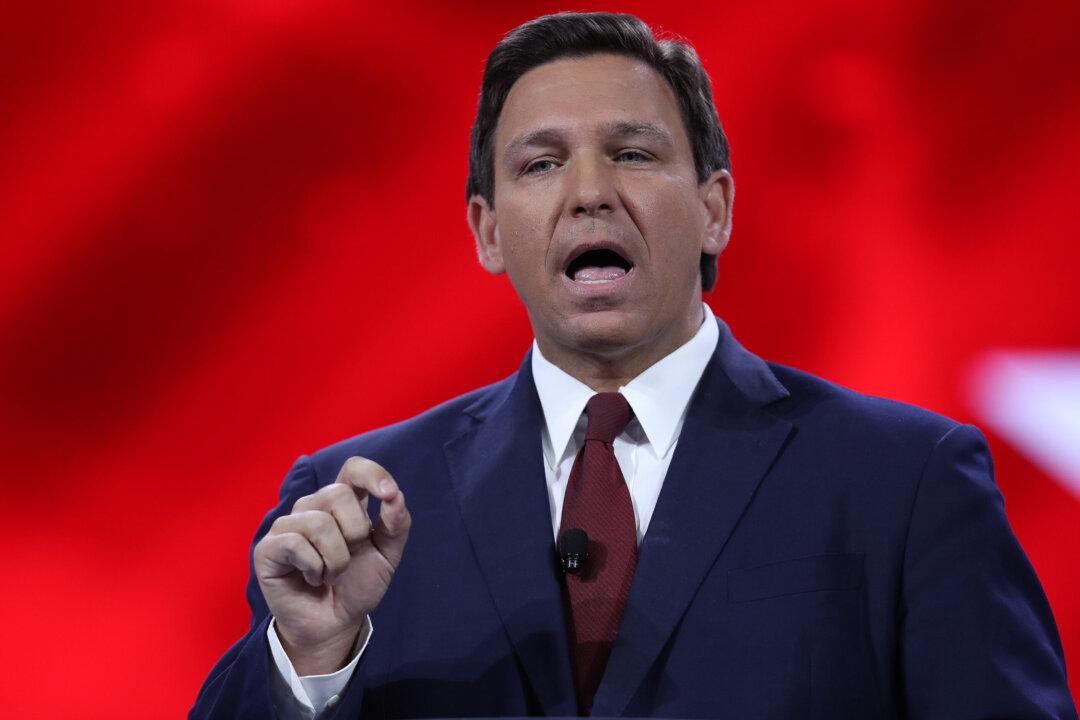Florida Gov. Ron DeSantis rejected calls from a fellow Republican, Sen. Rick Scott (R-Fla.), to return funds in excess of COVID-19-related costs that are being handed out to state and local governments under the $1.9 trillion relief package, funds that Scott has denounced as “bonus cash to plug budget holes.”
“It doesn’t make any sense,” DeSantis told Politico on March 16, in response to a question about Scott’s suggestion to give back to the federal government money over and above what would reimburse actual expenses incurred by Florida in its COVID-19 response.





